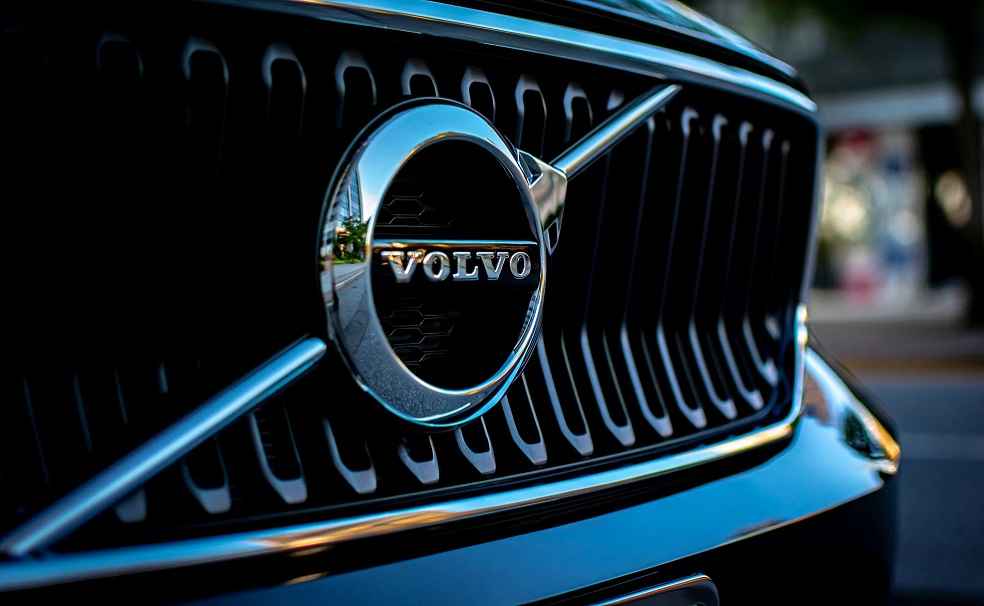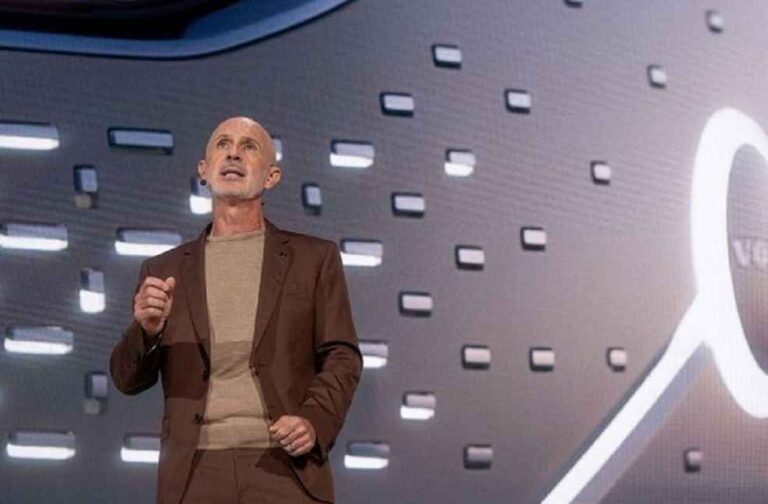At the esteemed Davos global economic conference, Volvo Cars CEO Jim Rowan delivered a compelling discourse on the potential of battery-electric vehicles (BEVs), setting a distinct path from other leading automakers. Despite mixed market signals, Volvo’s conviction in the BEV sector’s expansive growth remains unshaken.
Rowan’s commentary at the Reuters Global Markets Forum underscored Volvo’s robust sales growth, propelled by its premium product range. This trend starkly contrasts with competitors, notably Tesla, who have resorted to price reductions to stimulate sales. Volvo envisions BEVs constituting half of its global sales by 2026, aiming for a complete transition to BEVs by 2030.

volvocarswhiteplains (dot) com
Highlighting strong European demand for BEVs, Rowan pointed out Volvo’s advantageous pricing strategy and the region’s higher consumer disposable income, making EVs more accessible. This optimistic outlook counters industry-wide challenges, including inadequate charging infrastructure, dwindling government subsidies, and supply chain disruptions. Volvo itself was not immune, briefly halting production at its Belgium facility due to Red Sea attacks disrupting gearbox deliveries.
Contrarily, Renault’s CEO Luca de Meo, speaking at Munich’s IAA Mobility auto show, shared insights on Renault’s varied powertrain approach. De Meo indicated Renault’s commitment to combustion engines as a parallel strategy to EVs, particularly in slower-to-adapt markets. Highlighting the untapped potential of combustion engines, including alternative fuels and hydrogen, he emphasized the industry’s need for versatile strategies.

This strategic divergence between Volvo and automakers like Renault illustrates the complex scenario in the global automotive sector. While Volvo steers a course firmly towards BEVs, the industry at large grapples with a multifaceted landscape, juggling evolving technologies, consumer demand, and environmental imperatives. As the sector progresses toward sustainability, the routes chosen by different automakers will significantly influence market dynamics and technological advancements.
AUTO TECH | BYD’s AI-Powered Smart Car Tech Aims for Global Dominance





